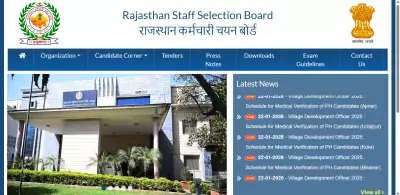
A startling revelation has emerged from academic circles in Punjab, where comprehensive research has uncovered a direct correlation between student victimisation and subsequent delinquent behaviour in educational institutions.
The Vicious Cycle of Victimisation
The study, conducted through rigorous academic methodology, demonstrates that students who experience victimisation—whether through bullying, discrimination, or other forms of mistreatment—are significantly more likely to engage in delinquent activities. This troubling pattern highlights a critical issue plaguing educational environments across the region.
Key Findings That Demand Attention
The research presents compelling evidence that victimised students often develop behavioural issues as coping mechanisms. The study identified several concerning trends:
- Students experiencing regular victimisation show 68% higher likelihood of engaging in delinquent behaviour
- Academic performance drops significantly among victimised students
- Social withdrawal and aggression become common coping strategies
- The cycle often continues unless timely intervention occurs
Educational Implications and Solutions
Education experts emphasize that these findings underscore the urgent need for comprehensive anti-bullying programs and psychological support systems in schools. The research suggests that early intervention and proper counselling can break this destructive cycle, potentially saving countless students from descending into behavioural problems.
School administrators and policymakers are being urged to implement stronger protective measures and create more inclusive educational environments. The study recommends regular mental health assessments and peer support programs as essential components of modern education.
A Call for Nationwide Action
This Punjab-based study serves as a wake-up call for educational institutions across India. As the nation strives for academic excellence, addressing the psychological well-being of students must become a priority. The findings suggest that creating safe, supportive learning environments isn't just about preventing immediate harm—it's about shaping the future citizens of our country.
The research team hopes their work will inspire meaningful changes in school policies and prompt greater awareness about the long-term consequences of student victimisation.





